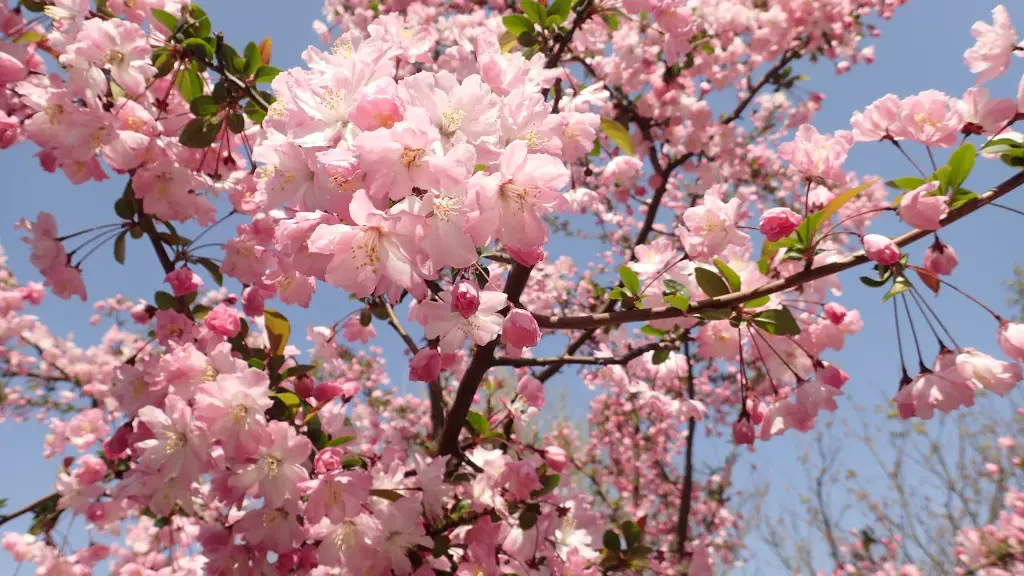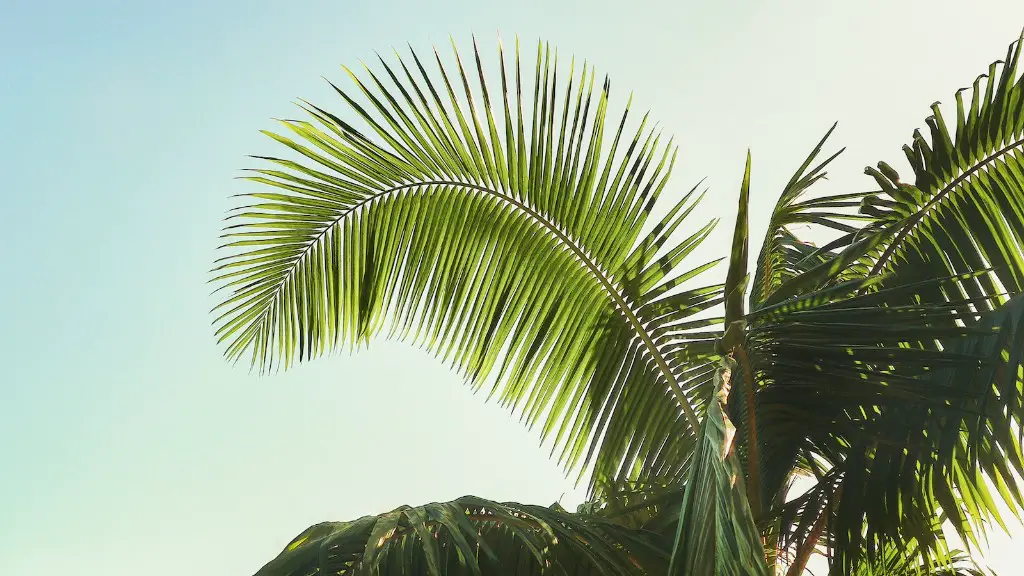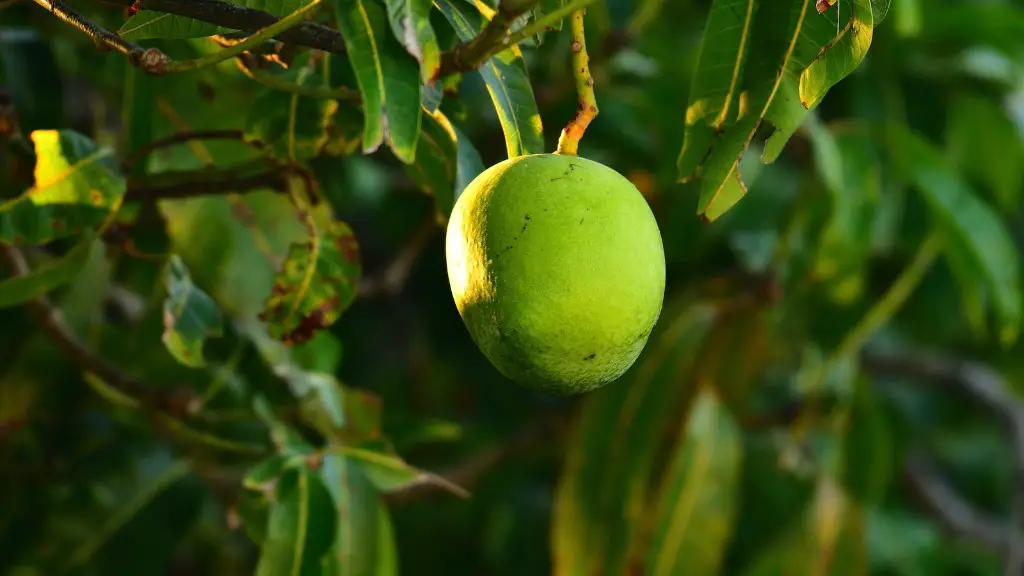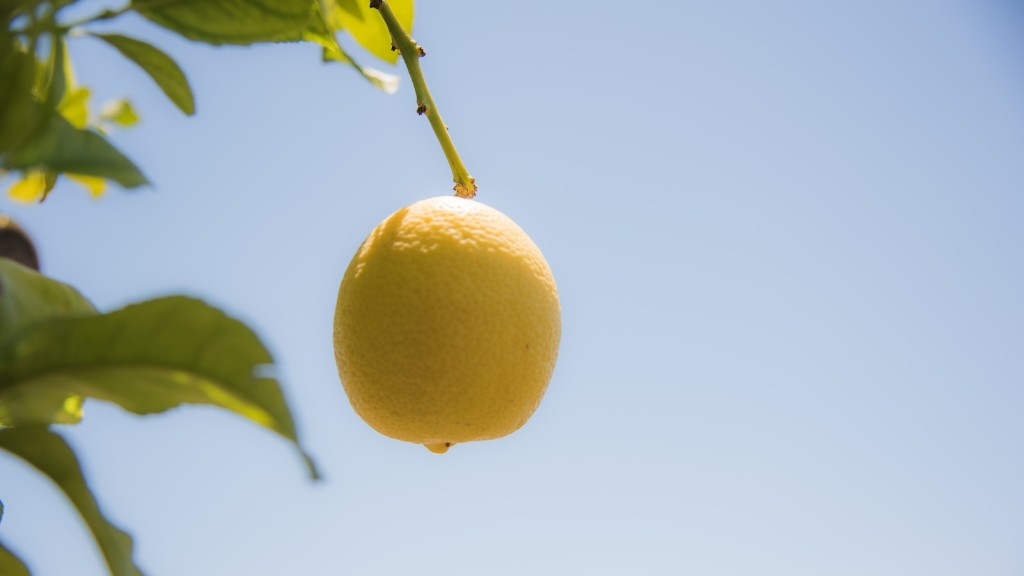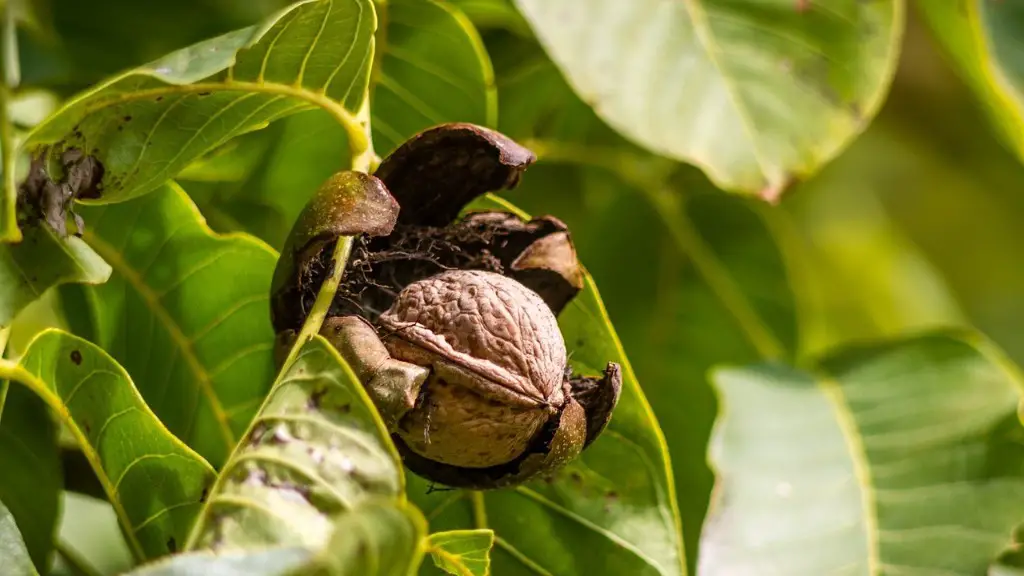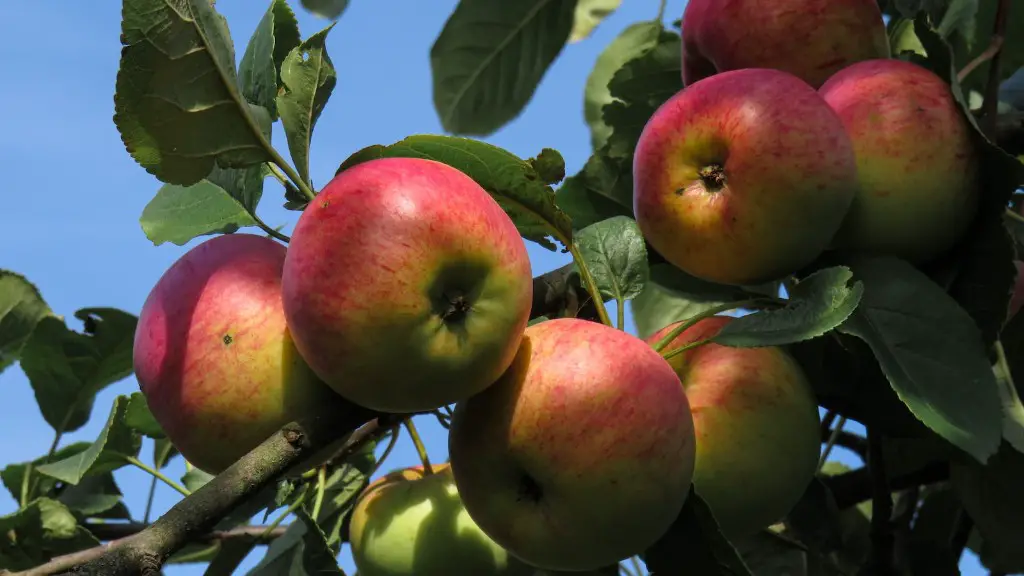What Fertilizer for Cherry Tree
Cherry trees are among the many favored fruit trees in home gardens. Despite their visual appeal, they can be tricky to maintain, as they require extra care and attention compared to other trees.
Fertilizer is important to keep cherry trees healthy and ensure they have the essential nutrients for a good harvest. In general, fertilizers for cherry trees should contain a higher than average amount of potassium and nitrogen to provide the best chance of success.
The best time to apply fertilizer is around late winter or early spring when the buds of the tree start to swell. This is when the tree needs the most energy and can take advantage of the nutrients in an optimal manner. Fertilizers such as those made from nitrogen or fish emulsion, along with other organic sources can be used.
The amount of fertilizer used should be followed according to instructions on its packaging as different types of fertilizer have different amounts of nitrogen in them. You also need to bear in mind that overfeeding your cherry tree can have the reverse effect and cause it harm.
It’s not necessary to apply fertilizer every year, it should be done at least every 3 years to give the soil the nutrients it needs to keep the tree healthy. Before applying any fertilizer, soil tests are the ideal first step to take, as fertilizer should be tailored to soil’s needs by carrying out a soil test and having the results analysed by a soil testing laboratory. This will determine what nutrients the soil is lacking and this would form the basis of the fertilizer blend to be used.
Soil nutrients such as Nitrogen, Potassium and Phosphorous are all key for successful cherry trees. In general, fruiting trees such as cherry will prefer to have an 6-6-4 fertilizer ratio (Nitrogen-Phosphorous-Potassium), although this can vary depending on the soil analysis. It is important not to over fertilize since this can lead to the tree being unable to absorb the nutrients in the soil, while also leaving it vulnerable to pests and diseases.
Organic Sources of Fertilizer
Organic fertilizers such as compost, manure, blood meal and bone meal provide a great source of organic matter that can improve the soil quality of a cherry tree as well as help supply it with the essential nutrients it needs. Not only this, but organic mulches help retain the moisture in the soil and maintain the temperature and pH level, ensuring the tree is able to reach its potential.
Compost can be used as a top dressing around the tree and can supply it with enough nutrients for it to be healthy and flourishing. Manures such as chicken manure, cow manure, horse manure, and sheep manure are all useful fertilizers for cherry trees. However, it is important to allow the manures to break down before applying them as too many of the raw materials can burn the roots.
Organic fertilizers work best when applied over time and it is expected to take three years, or more, before you see all the benefits. By consistently adding organic material to the soil such as compost, you are providing the tree with an ideal mixture of nutrients, while at the same time improving the structure of the soil.
These natural and organic sources of fertilizer are an excellent way to supply your cherry tree with the necessary nutrients while being eco-friendly and sustainable. They provide a good source of nutrients and can be used as a supplement to commercial fertilizer as well.
Synthetic Fertilizers for Cherry Trees
Synthetic fertilizers are also a great choice for fertilizing cherry trees. They are a fast-acting option that is readily available and easy to use. Synthetic fertilizers are more concentrated and tend to be faster acting than organic sources and can therefore provide an instantaneous boost to a cherry tree’s health.
The biggest benefit of synthetic fertilizer is that it is highly accessible and contains a uniform balance of nutrients. It is important to choose a product that is suited to the particular needs of a cherry tree and the soil surrounding it. Nitrogen is especially important in helping with fruit production and there should be a higher proportion of it compared to other fertilizers commonly used on trees.
Synthetic fertilizers should also be applied in moderation. Too much synthetic fertilizer can cause a tree to grow too quickly which can leave it vulnerable to pests and diseases. Synthetic fertilizers also contain salts which can be harmful to the tree’s roots and should also be applied during winter or spring, as this is when the tree can take better advantage of the nutrients.
Fertilizing Young Cherry Trees
When it comes to the fertilizer needs of young cherry trees, it is wise to practice moderation. For young cherry trees, sticking to organic optionsto provide their important nutrient needs is beneficial. Growing cherry trees in an organic way will protect them from any kind of chemical burn and generally benefit their health at this stage of growth.
Young cherry trees need not be fertilized every year, but their soil should be replenished every two to three years by adding several inches of organic matter on top. It is important to remember that too much fertilizer is not beneficial as young cherry trees that are over fertilized tend to become stunted due to an overabundance of foliage.
It is also important to keep in mind that young cherry trees still need to be maintained. Pruning is essential for any tree, but for young trees it is even more important as it helps keep fruit production respectable and the tree healthy.
Weed Management
Weed management is important when caring for cherry trees and an important step to take prior to fertilizing them. Weeds compete with cherry trees for moisture and nutrients so it is important to keep them at bay. Developing a good weed control program that is tailored to the newly established orchard can help in this regard.
Weeds can be removed through manual means such as by hand or by using various mechanical tools, such as a hoe or cultivator. Weed removal is important not only to keep weeds at bay, but also to prevent diseases and pests from spreading and protect the cherry tree from any kind of damage.
Irrigating Cherry Trees
Watering a cherry tree is essential for its health and growth, and it is especially important during fruiting season. Established cherry trees should be watered every 7-10 days during the summer season.
Although it’s important that cherry trees are watered, it’s just as important to make sure they aren’t over-watered. Over-watering can lead to root rot, fungal diseases and nutrient deficiencies. Therefore, regular watering should be done coupled with proper drainage, as the roots of the tree should not be sitting in water for too long.
Adding straw or wood chips to the soil can help retain some of the moisture and adds organic matter to the soil. Mulches of leaves, compost, or grass clippings, as well as drip irrigation, are also effective in providing water to cherry trees without leading to over-watering.
Fungal Disease Prevention
Fungal diseases such as black knot, powdery mildew and leaf spot can be detrimental to cherry trees and can reduce fruiting and overall quality of the harvest. Spraying fungicide can be effective in controlling these diseases and should be done at least once per year to prevent any sort of fungal infection.
But fungicide should also be used with caution as overuse of fungicides is harmful to the tree and can make the tree more susceptible to pests, as well as stunt its growth. Therefore, it is best to consult an expert before using any sort of fungicides to ensure that the amount being used is not excessive.
Insect Control
Insects can also be troublesome for cherry trees and should be controlled if possible. Regularly examining the tree and its surroundings is important, as this will allow you to discover any pest before they become a problem. Insecticides can be used to control insect pests, but again, it is important to ensure that it is being used sparingly and not excessively.
Biological insecticides such as ladybugs, lacewings and parasitic wasps can also be used to control insects without harming the tree. Pruning and thinning out of tree branches is also important as it helps increase air circulation, reduce disease and insect problems, and generally helps with the overall health of the tree.
